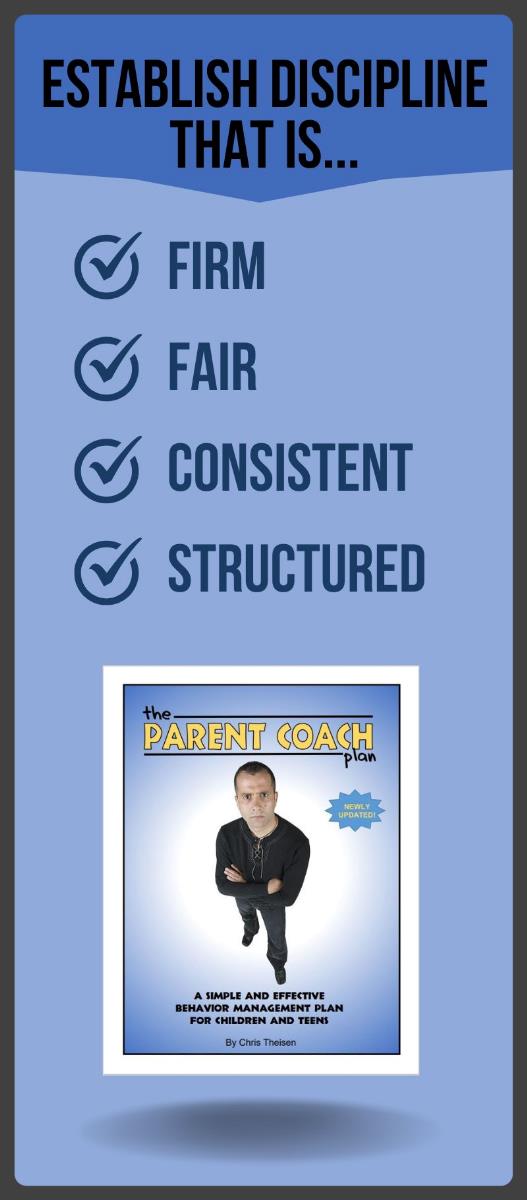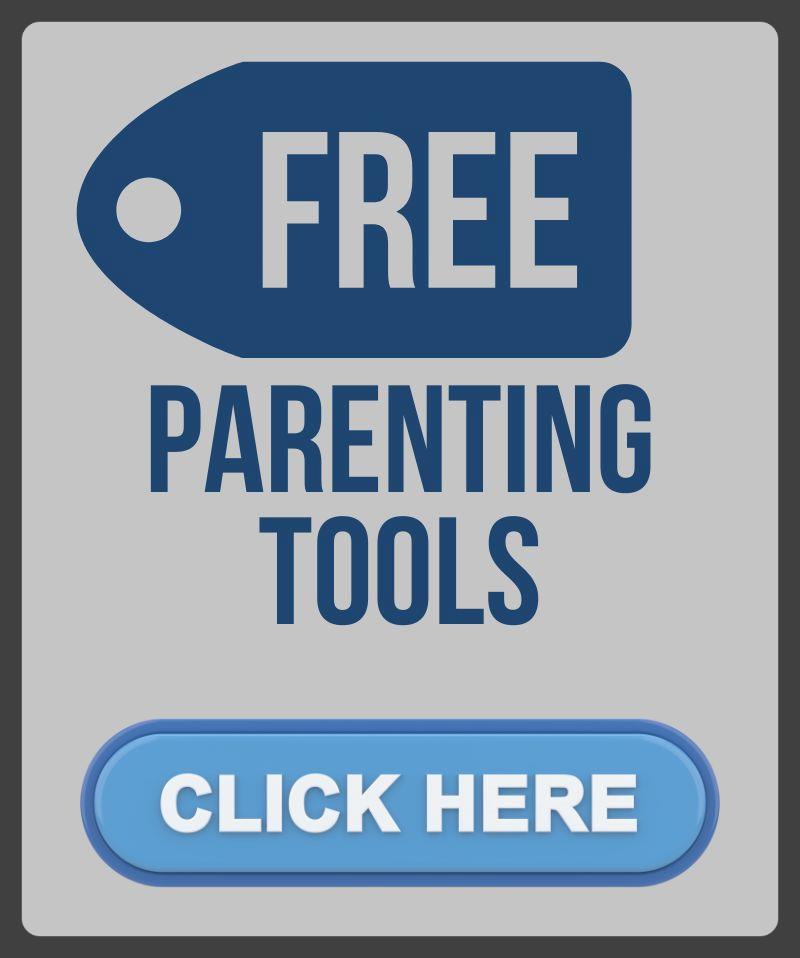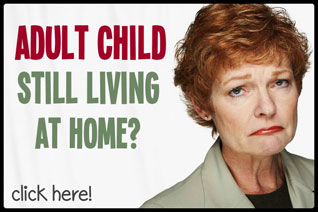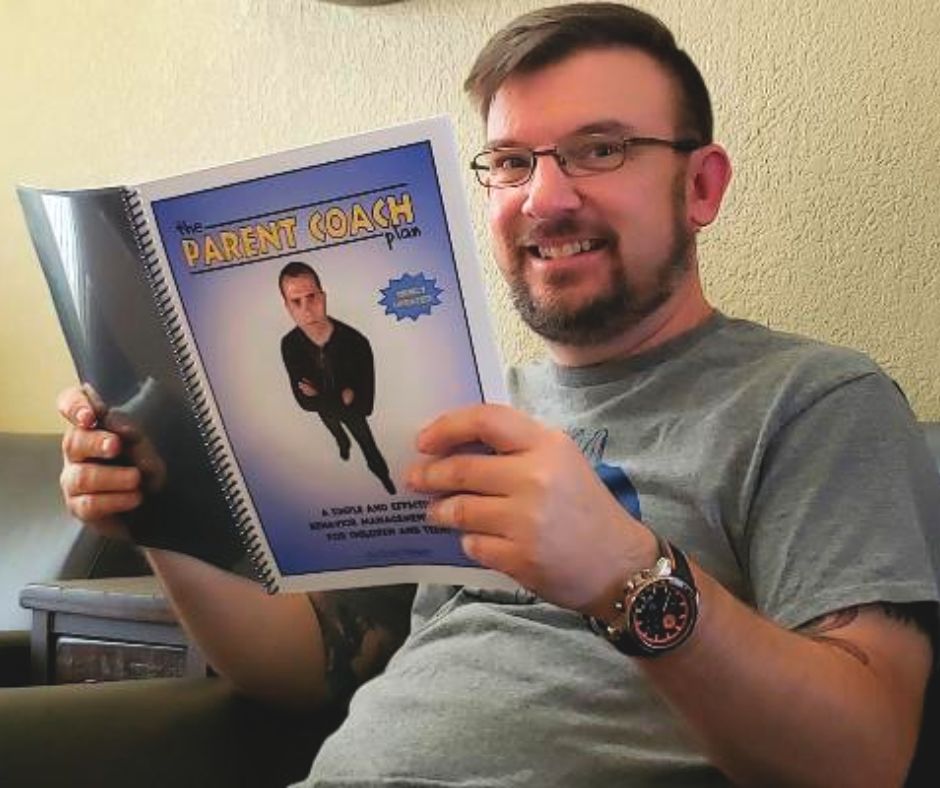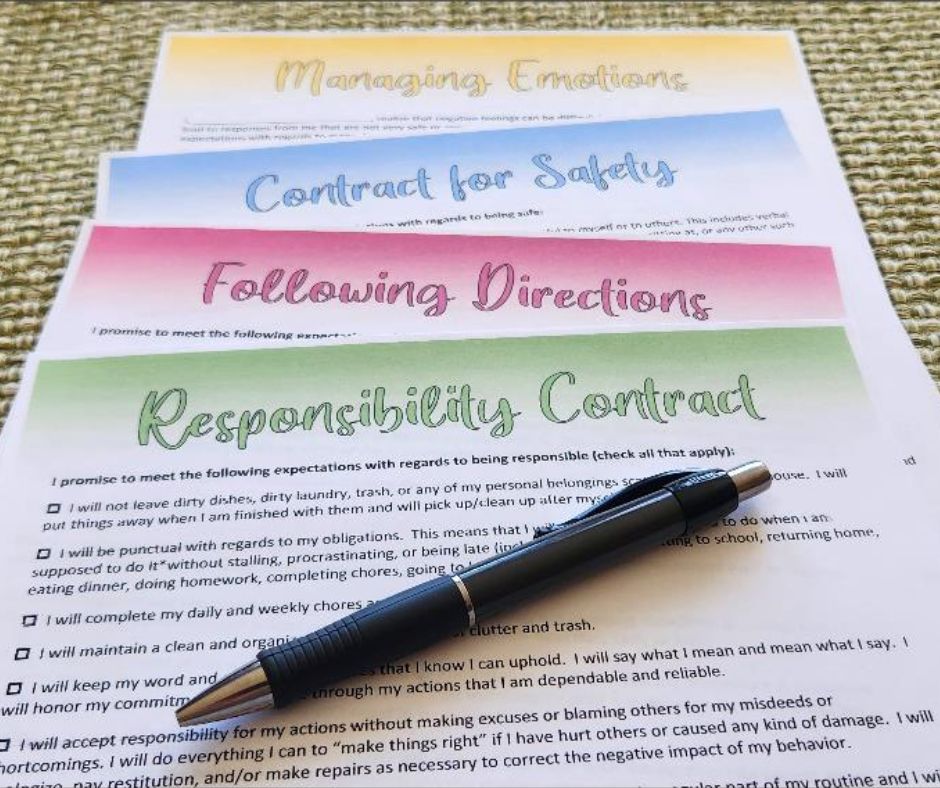PARENTING STYLES
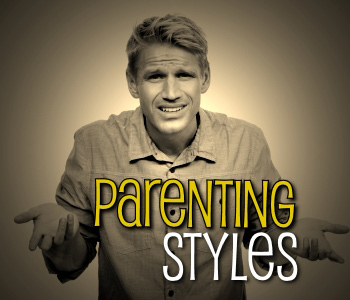
Parenting styles are typically used to describe a parent's manner of disciplining (or of interacting with) their child(ren). Some parenting experts use slight variations of this list and may even add an additional "parenting style" or two. It is not unusual for parents to fit into more than one of the following categories of parenting styles…or to have a set of parents that each displays a completely different style.
With that being said, here are the three most recognized parenting styles:
CONTROLLING / DEMANDING
These parents typically…
• place too many demands on their child(ren)
• have expectations of their child(ren) that are too high
• give consequences that are too harsh or unrealistic
• insult or belittle their child(ren)
• appear threatening to their child(ren)
• allow their child(ren) little or no freedom
These children often rebel against their parents or will escape through a variety of potentially harmful means (alcohol, running away, drugs, etc.). They tend to have anxiety about social situations and have low self-esteem.
APPREHENSIVE / PERMISSIVE
These parents typically...
• place little or no limits on their child(ren)
• allow their child(ren) to "run" the family
• fail to give or follow through with consequences
• fail to enforce rules
• give-in to tantrums, arguing, or begging from their child(ren)
• maintain little or no structure
• lack involvement in their child(ren)'s life
These children typically grow up "doing as they please" and have a difficult time with self-control and interpersonal relationships as they get older.
ASSERTIVE / DEMOCRATIC
These parents typically...
• give their child(ren) choices whenever possible
• set firm and reasonable limits
• give consequences that are fair and that relate to the misbehavior
• make rules that are clear and enforced
• are involved in the daily life of their child(ren)
• show appropriate affection and are nurturing and supportive
These children tend to be more well-adjusted and are able to handle social situations more effectively. They learn to be responsible and develop higher self-esteem.
Please note that parenting styles don't always result in the expected outcomes listed above. There are many other factors that will influence a child's response to a particular parenting style (such as temperament, self-esteem, self-discipline, mood, level of outside support, etc.).





